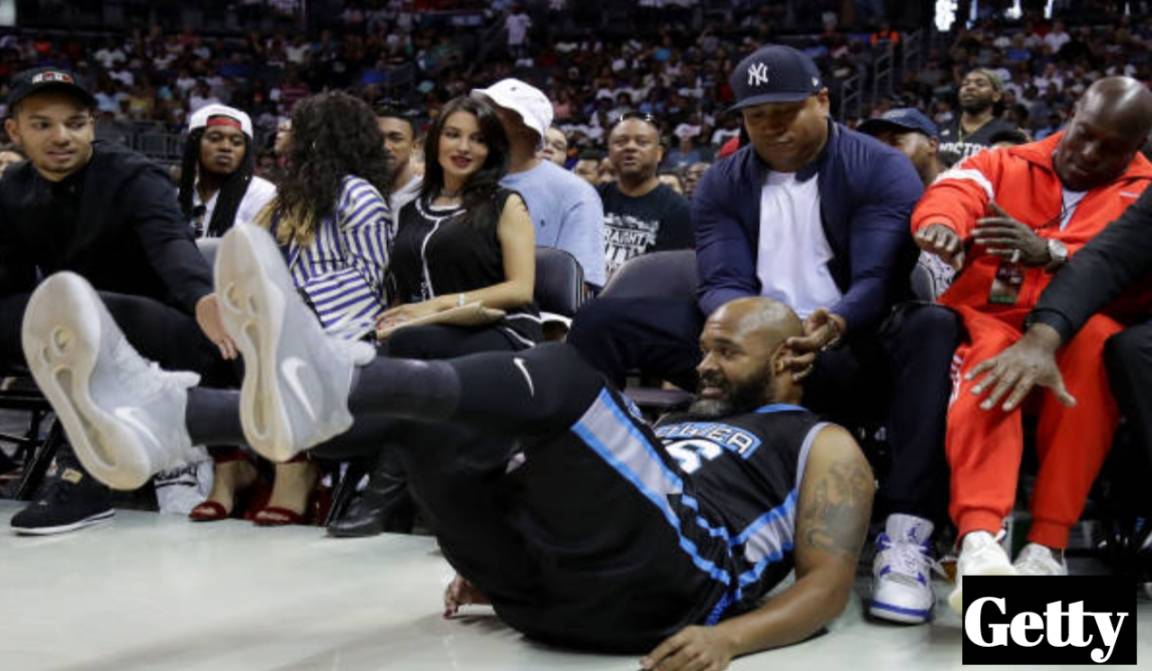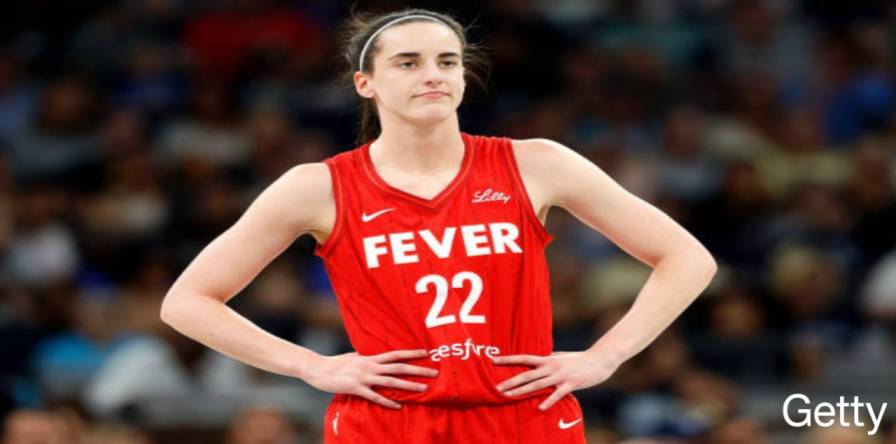Former UPenn Swimmers Slam University Over Lia Thomas Controversy, Cite ‘Emotional Harassment’ and Title IX Violations
In a pivotal moment for women’s sports and civil rights, the U.S. Department of Education has concluded that the University of Pennsylvania (UPenn) violated Title IX by allowing transgender swimmer Lia Thomas to compete on the women’s team. The announcement, made under the Trump administration, has reignited national debate over fairness, inclusion, and the rights of biological female athletes.
Former UPenn swimmers, including conservative advocate Paula Scanlan and outspoken teammate Grace Estabrook, are speaking out — not just to share their personal experiences but to call for systemic change in collegiate athletics.
“I was relieved to hear the Department of Education finally taking steps to address what we endured,” Scanlan told Fox News Digital. “But I remain cautious. UPenn has had years to make things right and has chosen silence over support for its female athletes.”
Estabrook, who is one of the plaintiffs in a federal lawsuit against UPenn, the Ivy League, and the NCAA, described her college swimming experience as a “violation of trust and rights.” She stated, “We were forced to share locker rooms and compete against a biological male. It wasn’t just uncomfortable — it was degrading. And we were gaslighted into silence.”
Estabrook added a powerful message directed at policymakers: “This isn’t just about the past. It’s about protecting the future. No girl or woman should be subjected to the emotional and sexual harassment we experienced. UPenn’s policies weren’t just misguided — they were dangerous.”
Federal Action and Rising Legal Pressure
According to the Department of Education’s Office for Civil Rights, UPenn has just 10 days to comply with Title IX standards or face possible referral to the Department of Justice. Among the mandates:
- The university must publicly affirm its commitment to Title IX.
- It must restore all records, titles, and awards taken from biological female athletes and awarded to transgender competitors.
- Personalized apology letters must be sent to impacted athletes, acknowledging the emotional and athletic toll.
As the legal pressure mounts, UPenn faces a high-profile lawsuit from Estabrook and teammates Margot Kaczorowski and Ellen Holmquist. Their case seeks not only justice for their own experiences but the rescindment of all accolades earned by Thomas in women’s categories.
Wider Implications: A Tipping Point for Women’s Sports
This case is rapidly becoming a flashpoint in the broader conversation about the integrity of women’s sports. With 2024 having seen increased scrutiny over gender policies in athletics, the outcome of this legal battle could shape the NCAA’s approach to trans participation going forward.
“What we need is a bulletproof policy that ensures fairness and safety for female athletes — not half-baked compromises that leave women vulnerable,” Estabrook said.
The NCAA and Ivy League have yet to respond to the latest federal findings, but advocacy from both sides of the issue is growing louder. While some view Lia Thomas’ participation as a milestone for inclusion, others argue it came at the cost of biological women’s opportunities and dignity.
A Defining Legal and Cultural Battle
As the legal showdown unfolds, one thing is clear: this case is bigger than just a university or a single athlete. It’s about redefining fairness, rewriting sports policy, and defending the rights of current and future generations of women in athletics.








